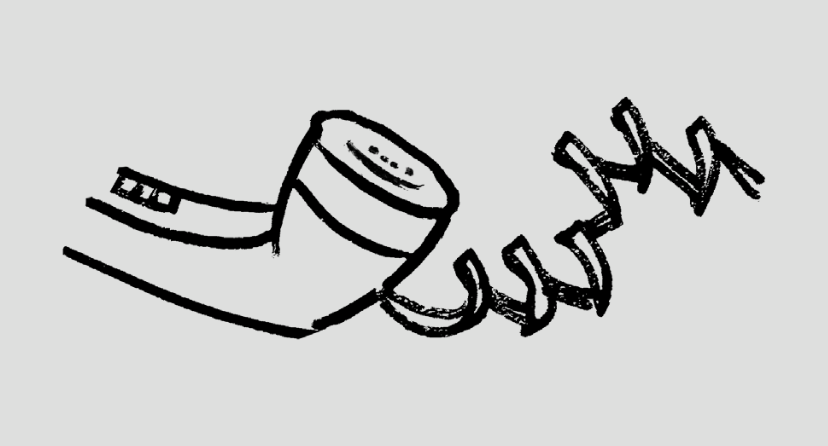
Image by Ivy Sanders Schneider

Image by Ivy Sanders Schneider
One of the sweeter aspects of being grown up is that you can have relationships that accommodate ambiguity. Leaving things unsaid doesn’t have to be an act of strategy, nor one of secrecy. Drinking partners don’t need apologies the morning after. Friends are not under contract not to sleep with people you dislike. And some friendships are maintained over the phone.
Recently, I have been craving writing that gives space to the reader, that is good company, that tries to keep me on the line but, like a friend on the phone, acknowledges my independence. Fiction takes over a reader’s attention, but if I am to be controlled, I’d like to be courted too. Give me a pleasantly tired voice, repetition, idiomatic language, a plea to be rescued, surprise, suspense, melodrama, mystery, humor, changes of tone, unexplained absences, moments of precision or distance, and unnecessary flash. I am not above them.
Avital Ronell wrote that when you’re on the telephone, there is always an electronic-libidinal flow Likewise, the reader is not a passive spectator. Reading great writing can make me unwilling to leave the house, or hungry, or anxious, or sleepless; I walk away, or I get distracted because my surroundings have gained intensity. A formal narrator sometimes does it for me — I fill in the emotional lack. Or it’s the feeling of being in the presence of a soul that’s unknown: suddenly I can see the hand gestures and posture of the person on the other end of the line. Writing that does too much in the way of filling in the gaps leaves me cold.
In Jean Cocteau’s 1928 monodrama La Voix Humaine, Elle says on the phone to her lover (who is leaving her) that she would rather he were clumsy and loved her than deft and did not. “If you didn’t love me, the telephone would become a terrifying weapon,” she tells him. “A weapon that leaves no traces, that makes no noise.” We all allow ourselves to be manipulated by those we love, but are in no such thrall on first encountering pieces of fiction — still, like Elle, I feel clumsiness has more solidity, and is a better material from which to build a rapport, than ruthlessly efficient self-propagation on the author’s part. As Ronell added, one telephone “presupposes the existence of another telephone.”
Lucie Elven is a writer whose first book of fiction, The Weak Spot, was published last year.